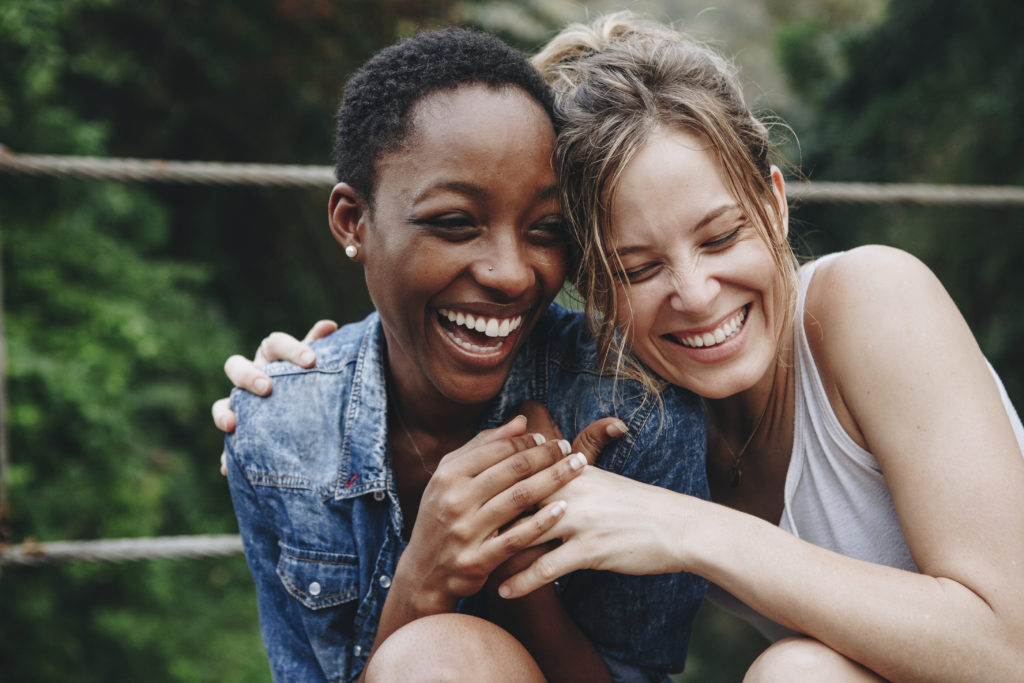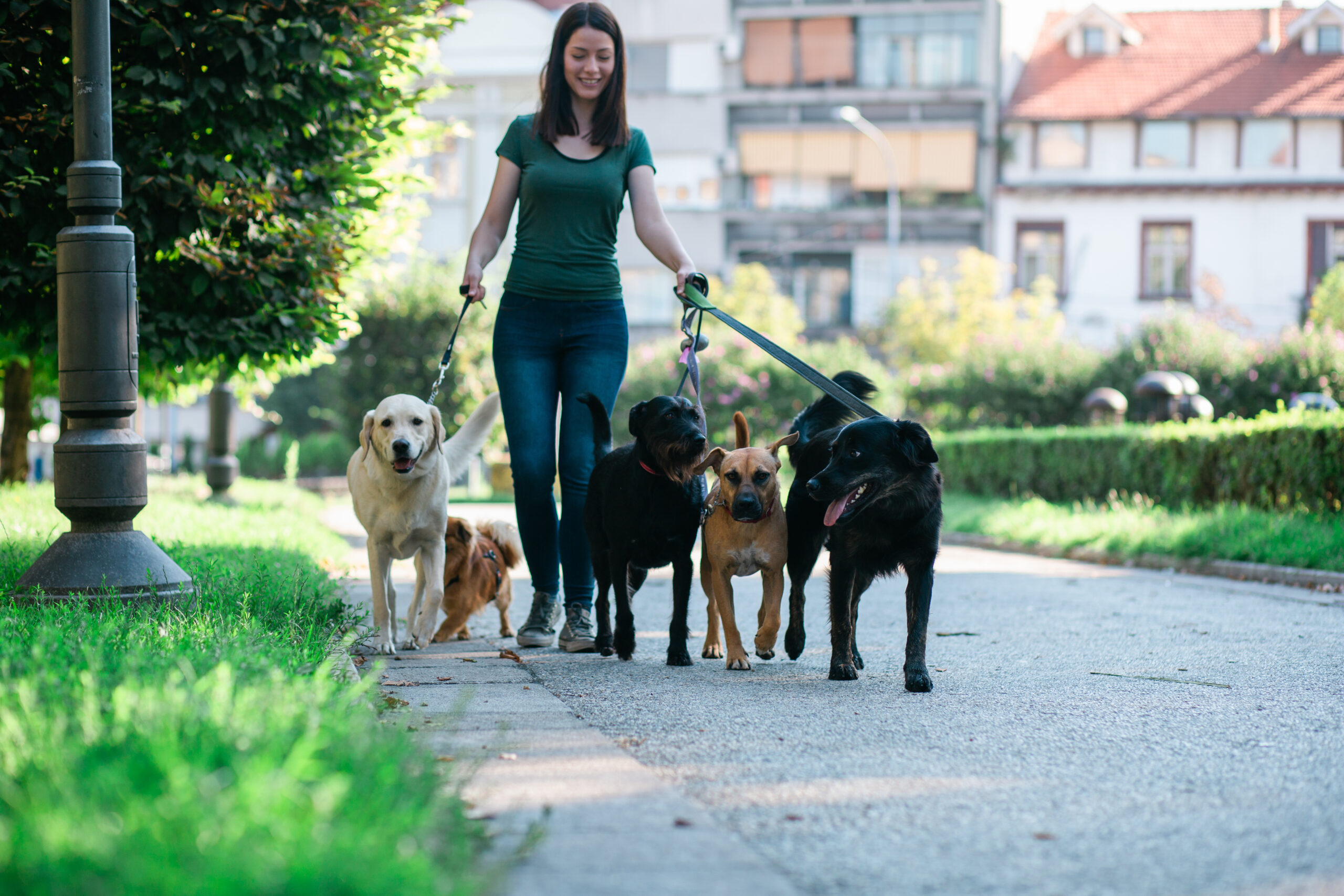Women donate their eggs for a lot of reasons – there are those who never want to have children but want to put their fertility to good use; those who are done having children and want to help other women who can’t use their own eggs; those who want a little bit of extra income to help pay for college; and another type entirely – those who donate so they can use the compensation to pay for freezing their own eggs.
The last group – those who donate so they can afford to freeze – are a growing bunch, with women all over the world realizing that they can empower themselves through egg freezing by empowering other women through egg donation.
If you want to freeze your eggs but don’t have the disposable income, you might want to consider donating your eggs first. In most cases, you’ll be able to cover most of the cost of the planned egg freezing treatment, and get comfortable with ovarian stimulation and egg retrieval before preserving your own fertility (egg donation and egg freezing are identical medical procedures so you won’t be in store for any surprises.)
Sounds good, right? Still, you probably have questions – how much do you get paid to donate your eggs? How expensive is egg freezing? Are the two procedures identical? How many times can you donate? Does donation make you less fertile?
Let’s start.
How much do egg donors get paid?
Compensation for egg donors varies across clinics, but it’s almost impossible to find one that doesn’t pay donors for their time and effort. At Ovatures, donors can make up to $10,000 for donating their eggs one time. The compensation is appropriate because donors are taking time away from their other responsibilities and undergoing a medical procedure to donate their eggs. Plus, they’re giving other women a priceless gift – an egg that will one day become that woman’s child.
Can donors donate – and get paid – more than once?
Absolutely. According to the American Society for Reproductive Medicine (ASRM), egg donors in the U.S. can donate their eggs up to six times – and get paid the same rate each time they donate. Plus, donors can donate back to back, meaning they could, if they chose to and their doctor agreed, donate six times in the span of about one year, maybe a little more (donors have to wait until after they get their post-procedure period to donate again, so there is some mandatory down time involved, which is a good thing for the body).
How much does egg freezing cost?
It really depends on the clinic you go to, but egg freezing usually ranges from $5,000-$10,000 for one cycle, or one time. Add the cost of medications, which can range from $3,000-$8,000, and the average cycle will usually cost in the low tens of thousands of dollars. The last cost you have to consider is the cost of continued storage (in freezing liquid nitrogen) of your eggs, which is usually around $1,000 a year.
Because most insurance plans – and companies – don’t cover egg freezing, those who want to pursue it often end up paying the full cost out of pocket, and it’s a significant amount. While ASRM, the fertility industry body, announced back in 2012 that egg freezing would no longer be considered an experimental treatment, and well over 20,000 women in the U.S. have had their eggs frozen (with plenty more abroad), the treatment is still relatively expensive. This is especially true if you go to a clinic with a high-quality In Vitro Fertilization (IVF) laboratory and experience in freezing and thawing eggs at the highest standards, which increases your chances of having a baby later from frozen eggs.
So does the financial math of donating to freeze make sense?
It does. Let’s say the average cost of one egg freezing cycle, including medications and storage for one year, is about $12,000. The compensation for egg donation at Ovatures is up to $10,000 each cycle, meaning the cost to you of egg freezing is only $2,000, a much more attainable savings figure than $12,000 or more. Keep in mind, though, that you can donate more than once. Donating twice can earn you $20,000 at Ovatures, meaning you could afford an egg freezing cycle and still have money left over.
Also, since freezing more, rather than fewer, eggs gives you a better chance of a live birth down the road (25 eggs is better than 15, for example, especially if you want more than one child from those frozen eggs), some women donate eggs multiple times so they can afford to do multiple egg freezing cycles and ‘bank’ as many eggs as possible while they are still young.
Can you do two cycles – donating and freezing – at the same time?
It might be tempting to want to split the eggs retrieved from one cycle into two groups – one for donation and another for freezing for yourself. But the truth is, this is not done in the industry, and women must have two separate cycles if they want to both donate and freeze their eggs. Why? The answer lies in female biology – each month, including the month you have your egg donation or freezing cycle – your body ‘recruits’ a batch of egg-containing follicles to compete for ovulation.
As smart as science and technology is, it hasn’t figured out how to make the body increase the number of follicles it recruits each month. And so, doctors have to work with what the body gives them, and this batch number is limited enough (from 5-20 eggs usually, depending on the woman and her age) to be just enough to donate or freeze, but not both. This is why women wanting to bank many eggs for later use end up going through multiple freezing cycles – each month the body makes more eggs available from inside the ovaries.
Why freeze your eggs anyway?
Egg freezing, while not exactly an insurance policy because it is not a guarantee of a future live birth, is the best option women today have of delaying childbirth while keeping their eggs young. Because a woman is born with all the eggs she’ll ever have (about 2 million) and loses eggs until her first period, and then monthly after that (including when she’s pregnant and breastfeeding), her egg supply dwindles quickly.
In fact, a woman’s peak fertility is in her late 20s, and starts to diminish after that. Though gradual, the first significant decline in fertility happens around 35 years of age, and another one at age 37. By the time a woman is in her early 40s, her ability to get pregnant both naturally and with fertility treatments like IVF are slim. Though she will still have eggs left at that time (unless she is experiencing early menopause, a condition called Diminished Ovarian Reserve, or DOR), most of those eggs will be of low quality.
This is because as a woman ages, so do her eggs, losing important elements, like proteins, that make a successful pregnancy possible. So while a woman in her late 30s and early 40s may still have eggs that ovulate, those lower quality eggs will in many cases lead to a lack of pregnancy or miscarriage.
With egg freezing, woman can literally stop time and freeze their eggs at their current age. Because they are flash frozen, the eggs stop aging and maintain their integrity while the woman they belong to goes on with her life, celebrating milestones like getting her dream job, buying a home and blowing out the candles on birthday cakes for several more years. While frozen eggs don’t expire, women who freeze will usually attempt to use them within a decade, once they have found the right partner, gained financial stability, or just decided it was time to become a mother, even it that’s a single mother by choice.
Another thing to remember relates to embryo freezing. While freezing embryos offers a higher chance of a live birth than egg freezing, the benefit of egg freezing is you don’t have to decide now whose sperm to pair your eggs with. You can pair eggs with any sperm you choose, including a future partner’s sperm, down the line. With embryos, it is impossible to change the sperm you used, whether that’s a sperm donor or a previous partner (who may not be your partner when you choose to use your embryos).
Why donate your eggs?
Egg donation is one of the most selfless, empowering, kind and vital acts of giving a woman can make today. It’s not for everyone, but an increasing number of women are turning to egg donation to help other women who cannot use their own eggs to conceive, whether due to age or another infertility diagnosis. Women who choose to donate eggs – and have the best experiences doing so – are those who are confident in their choice, knowledgeable in the process and comfortable with needles and minor medical procedures. They are often kind, open-minded and committed to lifting up other women in the most personal way. When you donate your eggs, you are doing nothing short of changing a life (and usually several lives).
Are egg freezing and egg donation the exact same?
To put simply, yes. While the pre-procedure testing and paperwork will vary, the medical side is the same. That’s because the purpose of both procedures is identical – to retrieve as many mature eggs as possible from a woman’s ovaries for the purpose of later use. In the case of egg donation, the use will be by another woman; for the purpose of egg freezing, the same woman will be using those eggs. Even the profile of the woman donating and freezing eggs will likely be similar – a young woman with a good egg supply.
Both procedures follow the same trajectory – doctors will take blood work and a transvaginal ultrasound to get a sense of the patient’s egg supply. If all looks good, she will be cleared to undergo her donation or preservation cycle, and begin taking ovary-stimulating injectable medications daily, at home, in order to grow (or mature) the eggs inside her ovaries. This will continue for about 10 days, during which time she’ll come into the clinic to have more blood work and ultrasounds to ensure everything is progressing as it should.
Around day 11 or 12, once the eggs in that recruited batch have grown large enough and are ready to come out, the woman will take one final ‘trigger’ shot, at home, which will tell her ovaries to prepare to release, or ovulate, all of the eggs at once. The next day she will come into the clinic for the final time, where an anesthesiologist will lightly sedate her for about 15 minutes while a doctor uses an ultrasound guided needle to remove the eggs insider her ovaries. Then, those eggs will be flash frozen immediately – either for the patient’s use or the donor’s use, while the patient takes about an hour to recover, awake, in the clinic.
Afterwards, the patient will get a ride home from a friend or family member and take the remaining part of the day to rest. Most donors and egg freezing patients return to work the next day, and resume sex and physical activity once they get their next period. From there, the egg freezing patient’s eggs wait until she comes back to use them, while the donor’s eggs are separated into batches of about eight eggs and either sold to a donor bank, or in the case of Ovatures, matched with a recipient who will join sperm to egg and undergo embryo implantation in hopes of achieving pregnancy.
And yes, the entire process has been proven safe. Read about it here.
Will donating my eggs impact my future fertility?
Absolutely not. Because your body only recruits a small batch of its total supply of eggs each month, and it’s impossible to force your body to release more eggs, the body is beautifully safeguarding a woman’s future fertility. The ovary-stimulating medication donors take is only growing the already-recruited eggs inside the ovary – in fact, most of them would have been lost in a natural cycle when one dominant egg ovulated, and the rest underwent a type of egg decline called atresia. So when you think about it, not only does donating not have a negative impact on future fertility, it actually makes the best use of all the eggs in any given cycle, in a way mother nature does not.
Will freezing my eggs impact my future fertility?
Nope. See above. Same story.
How can I learn more about egg donation?
Find out if you’re eligible to donate your eggs by visiting Ovatures.com, emailing ovatures@ivirma.com or calling 973.656.2876.




